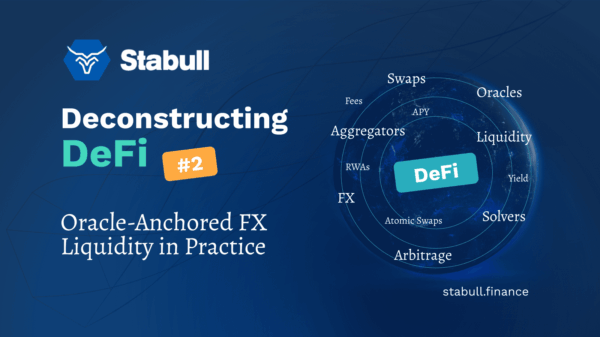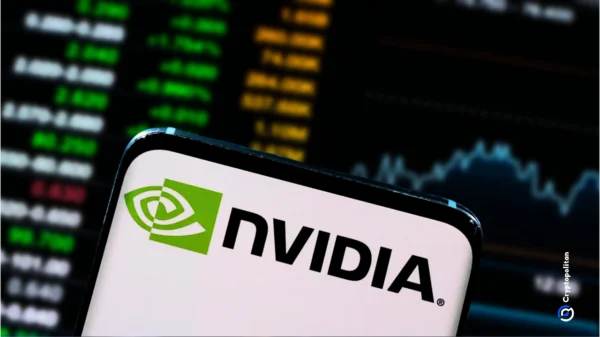In a significant development within the cryptocurrency investment landscape, WisdomTree”s Will Peck has emphasized the potential of crypto index ETFs to alleviate risks associated with investing in Bitcoin. These funds offer a diversified approach by tracking a variety of digital assets, thus shielding investors from the volatility tied to individual cryptocurrencies.
During a recent discussion at The Bridge conference in New York City, Peck noted that crypto index ETFs represent a crucial step towards broader adoption in the market. They cater particularly to cautious investors who may understand Bitcoin but feel hesitant about less familiar tokens. The structure of these ETFs allows investors to engage with the burgeoning sector without the need for extensive analysis of each asset.
Peck pointed out that the recent launches of products such as those by 21Shares have garnered significant interest, with Bitcoin ETFs alone attracting $58.83 billion in inflows since January 2024, according to data from Farside. This trend underscores a growing appetite for regulated crypto investment vehicles, highlighting the transition towards more sophisticated and secure options for investors.
What sets crypto index ETFs apart from traditional Bitcoin ETFs is their inclusive nature. By incorporating multiple assets such as Ethereum, Solana, XRP, and Stellar, these funds provide a buffer against the sharp fluctuations often witnessed in individual cryptocurrencies. Peck elaborated that while Bitcoin ETFs have been groundbreaking, index products shift the focus towards the underlying technology of the entire sector.
Data supports this notion, indicating that diversified indices have historically outperformed concentrated investments during turbulent market phases, with correlations among major cryptocurrencies falling within a range of 0.7 to 0.9, as reported by sources like CoinMetrics. The recent adjustments in the regulatory environment, particularly by the SEC, have facilitated the quicker rollout of these products, allowing for the inclusion of assets beyond Bitcoin without requiring separate approvals.
Peck cautioned, however, that while this rapid expansion of products may dilute the previously held perception of a “stamp of approval” associated with ETF launches, it is crucial for investors to engage in thorough due diligence. This perspective aligns with fundamental financial principles emphasizing diversification as a key element in risk management.
In conclusion, crypto index ETFs signify a transformative advancement in digital asset investing, offering a balanced approach that mitigates risks while providing exposure to the innovations of blockchain technology. As the sector continues to evolve with the support of regulatory frameworks and new product offerings from firms like 21Shares and Hashdex, the potential for these funds to democratize access to cryptocurrencies is significant. Investors are encouraged to stay informed about upcoming launches to strategically position themselves in the growing market of crypto index ETFs.















































































